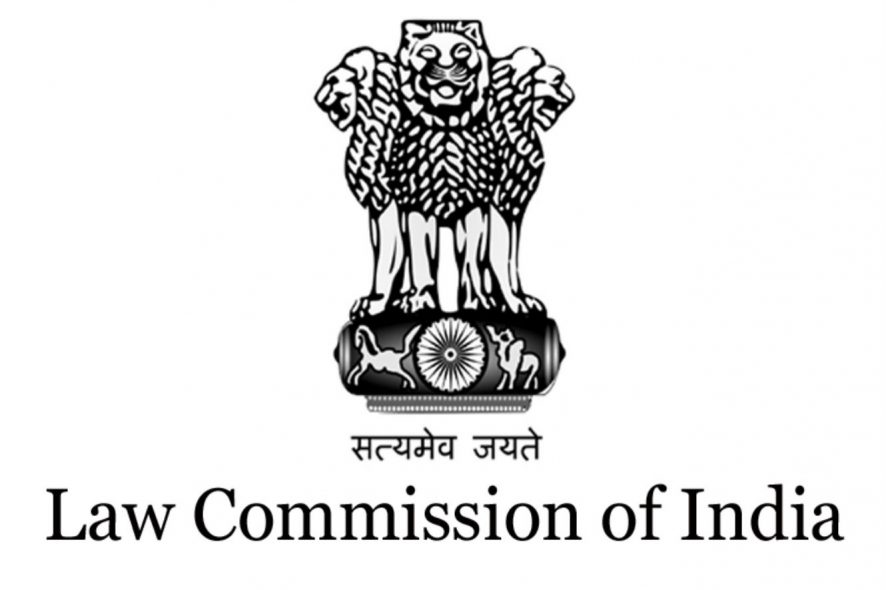The Law Commission of India’s (hereinafter ‘Commission’) 275th report, titled ‘Legal Framework: BCCI vis-à-vis Right to Information Act, 2005’, was recently submitted by the Commission to the Ministry of Law and Justice. The report was prepared in pursuance of compliance with the directions of the Supreme Court in the case of Board of Control for Cricket v. Cricket Association of Bihar, (2015) 3 SCC 251. The Commission’s objective was to examine the issue as to whether the Board for Control of Cricket in India (hereinafter ‘BCCI’) would be covered under the ambit of the Right to Information Act, 2005, and if so, then make appropriate recommendations to the Government of India.
The Commission concluded that the BCCI should indeed be classified as ‘State’ within the meaning of Article 12 of the Constitution. The minority view in Zee Telefilms Ltd. v. Union of India, (2005) 4 SCC 649 played an instrumental role in establishing state functions to BCCI. Sinha J., on behalf of S.N. Variava J. had opined that interpretation of Article 12 with regard to exclusive control and management of the game needs to be looked at with a new approach. Keeping in mind, the minority view, the Commission went on to identify state functions the BCCI performs, opposing the previous judgments of Chander Mohan Khanna v. NCERT, (1991) 4 SCC 578 : AIR 1992 SC 76 and Som Prakash Rekhi v. Union of India, (1981) 1 SCC 449 : AIR 1981 SC 212. The identified points were;
(i) BCCI is an entity permitted, de facto, by the State to represent the Country on the international stage;
(ii) ICC recognizes BCCI as the official body representing India;
(iii) Absence of any challenge by the BCCI or the Government to the aforesaid status;
(iv) BCCI enjoys a monopolistic status in controlling and regulating the game of cricket in India by controlling policy formulation and implementation affecting the country at large;
(v) BCCI and it’s actions/activities, directly and indirectly, affect the fundamental rights of citizens, players, and other functionaries.
Further, it was concluded that owing to the monopolistic character of BCCI coupled with it’s functions and ‘substantial financing’ from appropriate governments over the years, it can, within the existing legal framework, be termed to be a ‘public authority’ and be brought within the purview of the RTI Act.
Recommendations:
(1) Non-consideration of the role played by BCCI as monopolistic in regulation of the game of cricket has resulted in the Board flying under the radar of public scrutiny, encouraged an environment of opacity and non-accountability. In the past, this has probably given an impression in the minds of the general public that corruption and other forms of malpractices are adversely affecting one of the most popular sports played in India. BCCI exercises ‘State-like’ powers affecting the fundamental rights of the stakeholders, guaranteed under Part III of the Constitution. It is hereby recommended that BCCI be viewed as an agency or instrumentality of State, under Article 12 of the Constitution, thereby making it amenable to the writ jurisdiction of the Supreme Court under Article 32.
(2) Human rights are sacrosanct and innately associated with the human personality. These rights are continually evolving, are to be respected by, and can be enforced against not only the ‘State’ but also private bodies/entities. Therefore, the BCCI should be held accountable, under all circumstances, for any violations of basic human rights of the stakeholders.
(3) BCCI virtually acts as a National Sports Federation (NSF). Its own Memorandum of Association states that the Board’s objects and purposes are to control, improve quality, lay down policies pertaining to the game of cricket in India as well as select teams to represent India at international fora. Moreover, as per the statement made in the Lok Sabha, the Central Government has already been regarding BCCI as a National Sports Federation and hence, it is recommended that, for the removal of any doubt, the same be explicitly mentioned in the list of NSFs available on the ministry’s website. This express mention would automatically bring BCCI within the purview of RTI Act. Other sports bodies listed as NSFs’ in Annual Report 2016-17,177 of the Ministry of Youth Affairs and Sports available on its website do attract the provisions of the RTI Act. This website also contains information regarding (Chief Public Information Officer) CPIOs and Appellate Authorities catering to RTI requests addressed to specific NSFs.178 In light of the above stated facts, since all other sports bodies which are listed as NSFs are covered under the RTI Act, it is inconceivable as to why BCCI should be an exception.
(4) Additionally, it is recommended that RTI Act be made applicable to BCCI along with all of it’s constituent member cricketing associations, provided they fulfil the criteria applicable to BCCI.







